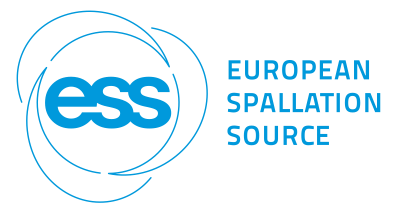LOKI Early Science Workshop

The aim of the workshop is to plan for early science on the small-angle neutron scattering (SANS) instrument LOKI at the ESS.
LOKI will be one of the first instruments to come online at the European Spallation Source (ESS) in Lund, Sweden. As this will be at the same time as the facility will be ramping up, the Early Science experiments will need to carefully consider the facility flux, stability and timeline. In this workshop, we will provide an overview of the instrument capabilities, expected performance as a function of facility start-up, keys dates, and currently planned sample environment and data analysis abilities.
The main part of the workshop will then be to brainstorm early science experiments within the instrument’s target themes: soft matter, materials and bioscience. Specifically, with the aim to ensure we have identified the necessary infrastructure (sample environments, utilities, data analysis, etc) in order to take best advantage of the early beam at the ESS.
Lunch and coffee breaks will be provided.
Target audience: Users of small-angle neutron scattering in the fields of soft matter, materials and bioscience
Registration now closed.
Please contact Judith Houston for further details.
